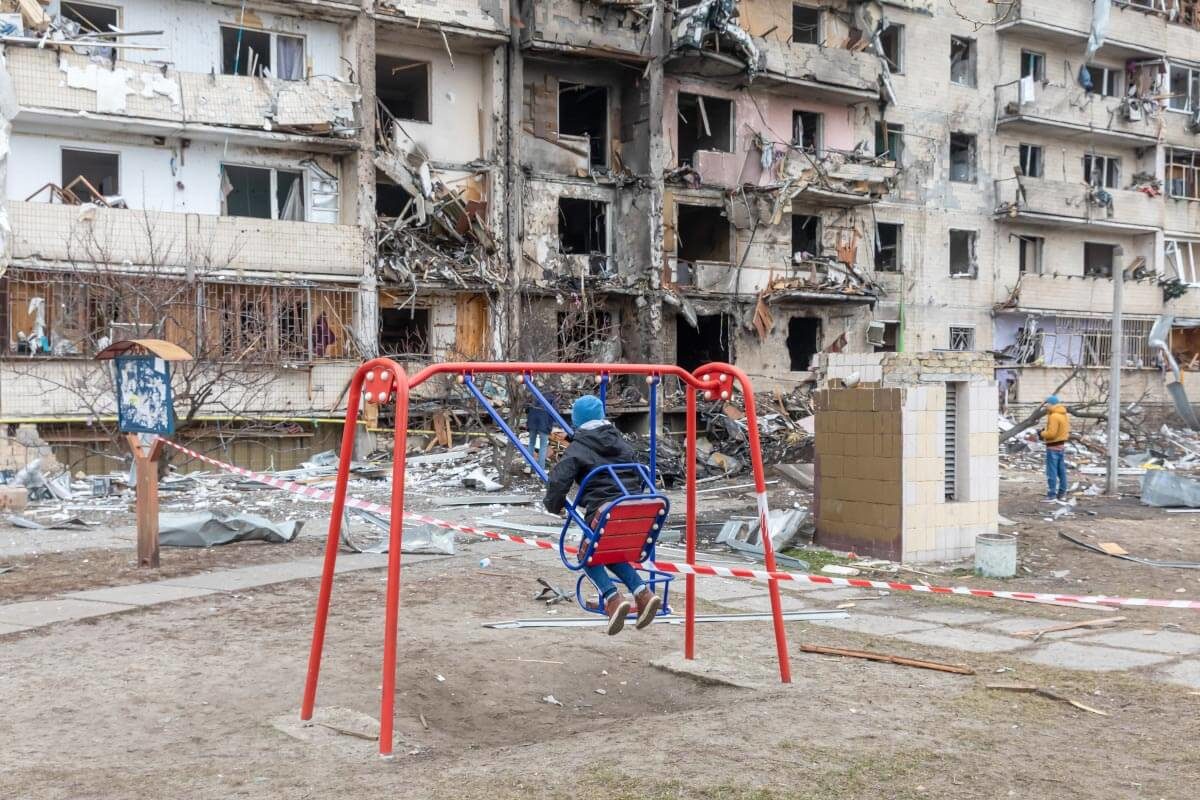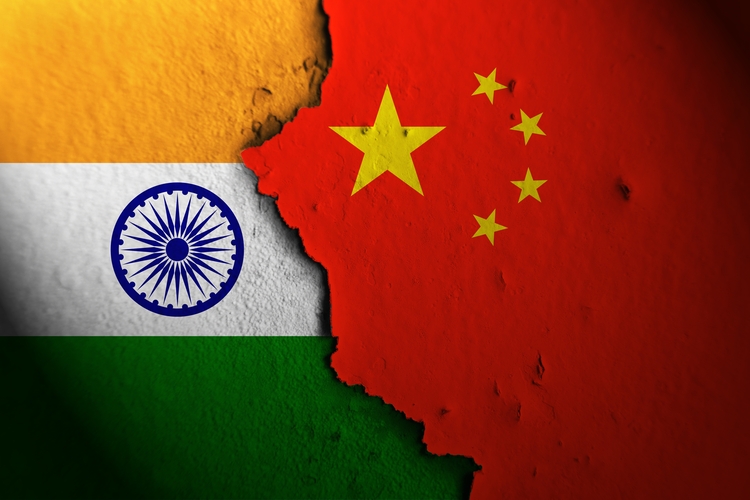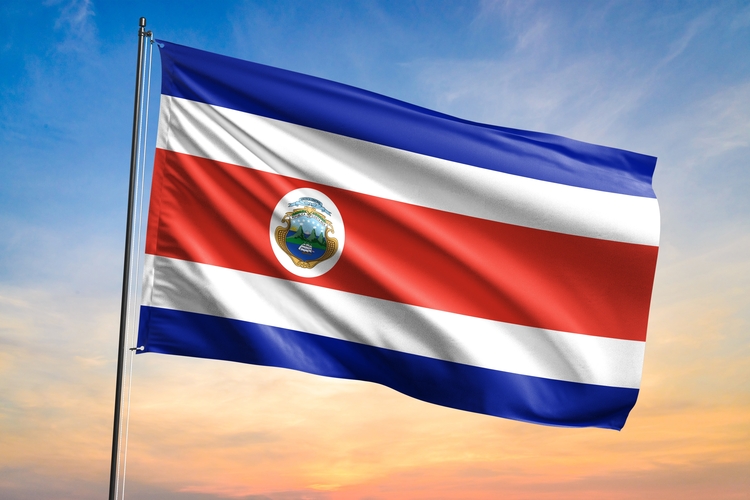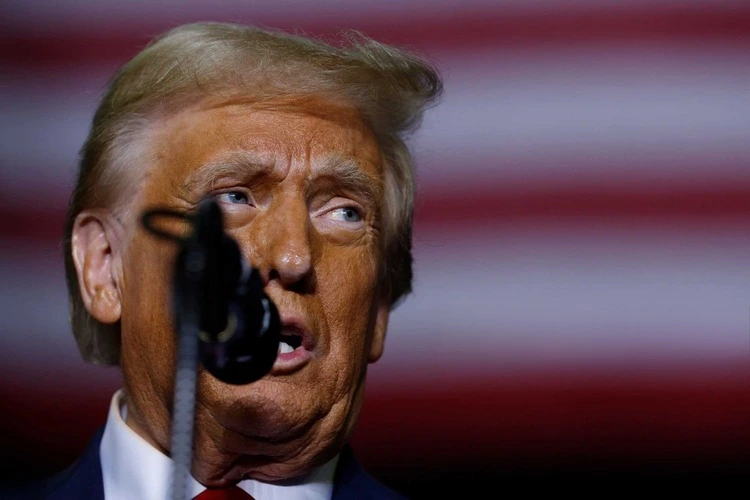
Tim Marshall analyses how Germany’s economic growth has become increasingly reliant on Russian energy supplies
Geopolitical Hotspots
The law of unintended consequences is rarely more applicable than during war. By invading Ukraine, President Putin has just discovered this. He had expected NATO and the European Union to split between hawks and doves. Instead, NATO has rediscovered its raison d’etre and the EU has halted its slow-motion fragmentation.
Perhaps the most surprising, and important consequence of Putin’s move is the shift of Germany’s foreign policy and security doctrine. For almost eight decades Germany, by its own choice, has been at best a third-rate military power. Following unification in 1871, Germany rapidly emerged as a destabilising force in Europe. After two world wars and the Holocaust, the burden of history and a fear of themselves, made West Germany tantamount to a pacifist nation.

Subscribe to our monthly print magazine!
Subscribe to Geographical today for just £38 a year. Our monthly print magazine is packed full of cutting-edge stories and stunning photography, perfect for anyone fascinated by the world, its landscapes, people and cultures. From climate change and the environment, to scientific developments and global health, we cover a huge range of topics that span the globe. Plus, every issue includes book recommendations, infographics, maps and more!
At the end of the Cold War the reunified Germany continued to underfund its military and sought to engage Russia with its policy of Wandel durch Handel – change through trade. Berlin developed a strong economic relationship with Moscow and became ever more reliant on Russian energy supplies to fuel Germany’s economic growth through manufacturing and exports.
This entailed consistently taking a soft line with the Kremlin. Berlin’s offer to help build the Nord Stream 2 pipeline (a 1,200km pipeline under the Baltic Sea, designed to take gas from the Russian coast near St Petersburg to Lubmin in Germany) was taken in 2015, after the invasions of Georgia in 2008 and Ukraine in 2014. The original pipeline deal was put together by then Chancellor Gerhard Schroeder of the SDP party. A few weeks before he left office in 2005, he negotiated the details. A few weeks after he left office, he became chairman of the company behind Nord Stream 2.
Chancellor Angela Merkel, of the Christian Democrats, did not seek personal profit from the soft line towards the Kremlin, but she did nothing to change Germany’s reliance on Russian energy. Nor did she fund the German armed forces.
Chancellor Olaf Scholz (SDP again) came to power last December showing no intention to change these policies. Even as war approached, he argued against using the bank messaging system SWIFT as a potential sanction against Moscow, and he ruled out supplying any weapons to Ukraine. The UK was busy flying in thousands of NLAW anti-tank missiles to Ukraine and had to avoid the embarrassment of Germany refusing permission for the use of its airspace by routing the flights via Scandinavia.
Russia invaded Ukraine on Thursday 24 February. On Saturday, Scholz stunned his country and, indeed Europe. One thousand German anti-tank weapons and 500 ‘Stinger’ surface-to-air missiles would be sent directly to the Ukrainian army.
On the Sunday, the Bundestag convened for an extraordinary session and changed 77 years of foreign policy overnight. There was to be a seismic shift in its security and military posture. Amid much soul-searching within the political class over its dealings with Putin’s Russia, the foreign minister, Annalena Baerbock, told the Bundestag: ‘Perhaps on this day, Germany is leaving behind a form of special and unique restraint in foreign and security policy… If our world is different, then our politics must be different as well.’ As she was speaking, a crowd of more than 100,000 people had gathered in central Berlin in support of the Ukrainian struggle.
You may also like
Chancellor Scholz announced that the budget for the German Army (Bundeswehr) would be receiving a boost of 100 billion Euros. Germany would commit to spending two per cent of its GDP on defence, up from 1.53 per cent last year. The following week the finance minister, Christian Linder, said Germany intended to create ‘one of the most capable, powerful and best-equipped armed forces on the continent’. Such a statement would have been unthinkable just seven days previously.
Germany would now withdraw support for Nord Stream 2 and join other countries in banning most Russian banks from the SWIFT system. It would begin a dramatic programme of diversifying energy supply needs by building liquefied natural gas terminals on its coast and accelerating renewable energy technology. Coal stocks would be replenished, and the nuclear power plants scheduled to be closed at the end of this year may stay open.
For a political system renowned for its cautious and methodical decision-making all of this was revolutionary, a break with post-World War Two policy. From somewhere in a bunker in Kyiv, President Volodymyr Zelenskyy tweeted ‘Keep it up, Chancellor @ OlafScholz Anti-war coalition in action!’
Germany has been jolted into action by having to face the limitations of reasonable engagement with an unreasonable violent power. It has woken up to the reality of hard power. But an awakened Germany, although welcomed by many, will make some nervous. Berlin will have to work to reassure parts of Europe that the old ‘German question’ no longer needs to be asked now that it is a country anchored inside the EU, NATO, and the democratic tradition. We can expect to see more German troops and hardware in Eastern Europe especially if, as seems likely, NATO abandons the 1997 NATO-Russia Founding Act which limits the numbers of troops and levels of equipment in the region.
President Macron of France will be tempted to use Germany’s coming military capabilities to bolster his ideas for an EU army. However, it’s more likely that NATO’s planners will anchor this new force deep inside the alliance and integrate it into the strategy for the defence of Europe. Despite the ghosts of history still roaming the continent this will be welcomed. In 2011 the Polish Foreign Minister, Radoslaw Sikorski, said: ‘I will probably be the first Polish foreign minister in history to say so, but here it is: I fear German power less than I am beginning to fear German inactivity’.










